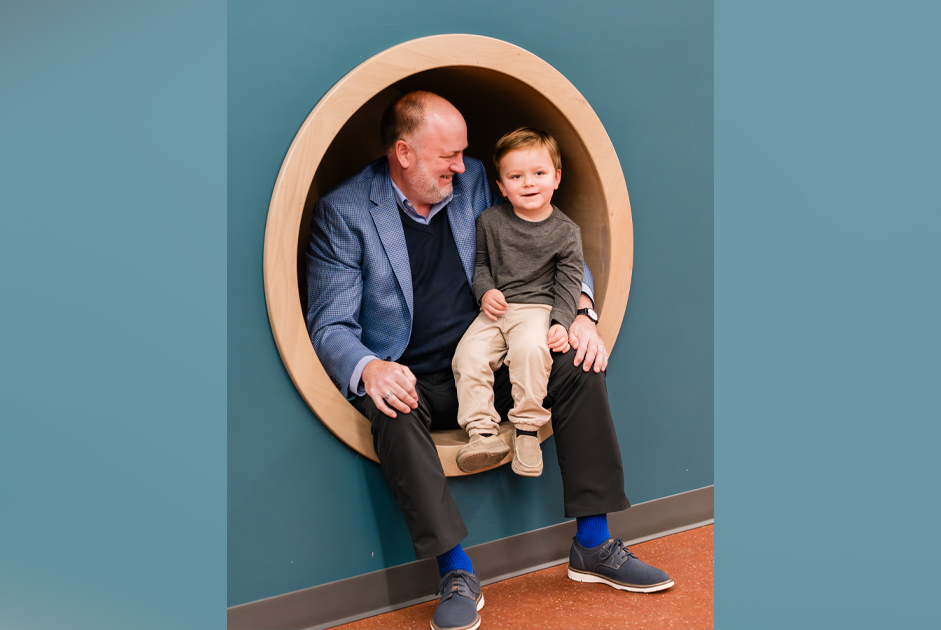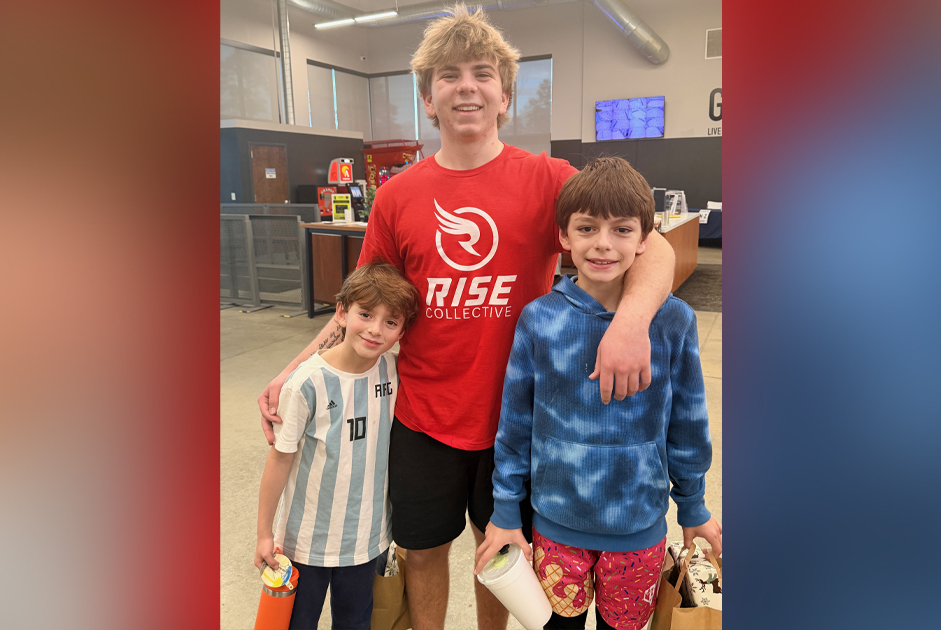Recently, my husband and I drove to Orlando to watch our grandson, Jack, play in a soccer tournament. We had been planning on it for several weeks as we needed a getaway and some warmer weather for a few days. Plus, we love watching him play. Jack is on a traveling team, and they play teams from several states. It’s definitely a commitment, but one the family has embraced. Unlike most games, this tournament involved missing two days of school. Jack was able to get his homework for the missed days to do while away, but it wouldn’t work for his siblings. So, it was decided that his dad would stay home. My daughter hated that he would miss it but embraced the idea of making it a fun mother-son trip.
Like most families these days, parents are always on the go. Having some one-on-one time with each child is precious. The extended uninterrupted time opens up conversations that might not happen otherwise. Our entire family goes to Disney World every other year, so we are very familiar with the drive. There are several places along the way we like to stop. Even though we weren’t going to Disney World, this trip was no exception. We met our daughter and grandson for lunch at our go-to stop in Savannah. It was obvious that they were having a good time. We talked a little about the upcoming games. The start times for each game were not great for 12-year-old boys, but they had dealt with such before.
My husband and I were staying at a different hotel, so we wouldn’t see them until we went to the game together. The team had to get to the field an hour before game time. The boys seemed relaxed during the short time they had to warm up. I don’t know about the teams, but the spectators were anxious for the game to start. Looking over at the opposing team’s bench, we noticed seven substitute players. Our team had three. So…why is this article titled good parenting? What has any of it had to do with that?
The game was, to say the least, not their best. The team we were used to seeing was not the one we were watching. It was not the fault of the guest players they had or the lack of substitutes. It was lackadaisical play by most of them, Jack included. We watched him hold back, not pushing through and getting to the ball first. He was not alone, but it was frustrating to watch. Needless to say, they lost the game. And, this is where the good parenting comes in.
In frustration, it would be so easy to immediately tell them they didn’t play well. Instead, my daughter gave him a hug and then let him talk. As we walked back to the car, she would ask him questions in response to his answers. Eventually, it would get to the point where he admitted he didn’t play well. From there, they could discuss what he needed to do to prepare for the next day’s game. Obviously, the game wasn’t entirely on him, but taking responsibility for his play was. Our daughter letting him talk his way through it without making him feel bad was a wonderful way to handle the situation. The result was a complete turnaround in the next day’s game. Not only for Jack, but for the entire team, as well. They also won the next day with Jack scoring the winning goal.
All my daughters show patience at times when I would have lost mine. Of course, there will be times when trying to reason doesn’t always work and some time alone works best. Giving them the chance to correct their behavior before imposing a punishment puts the decision on them. Of course, time outs don’t work after a certain age. That’s when calm conversations, listening and working through the issue will show them how much you care. That’s good parenting.



















